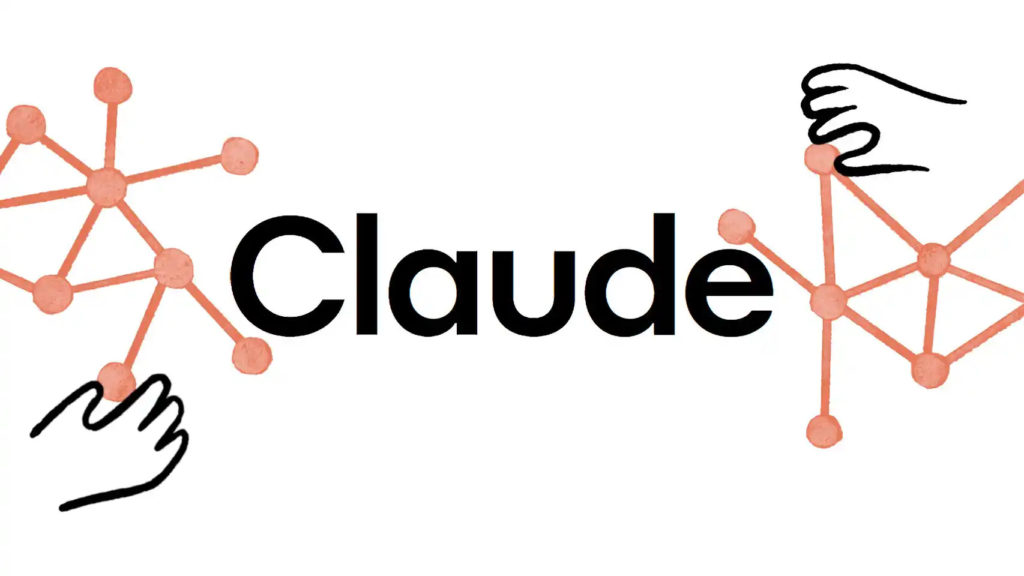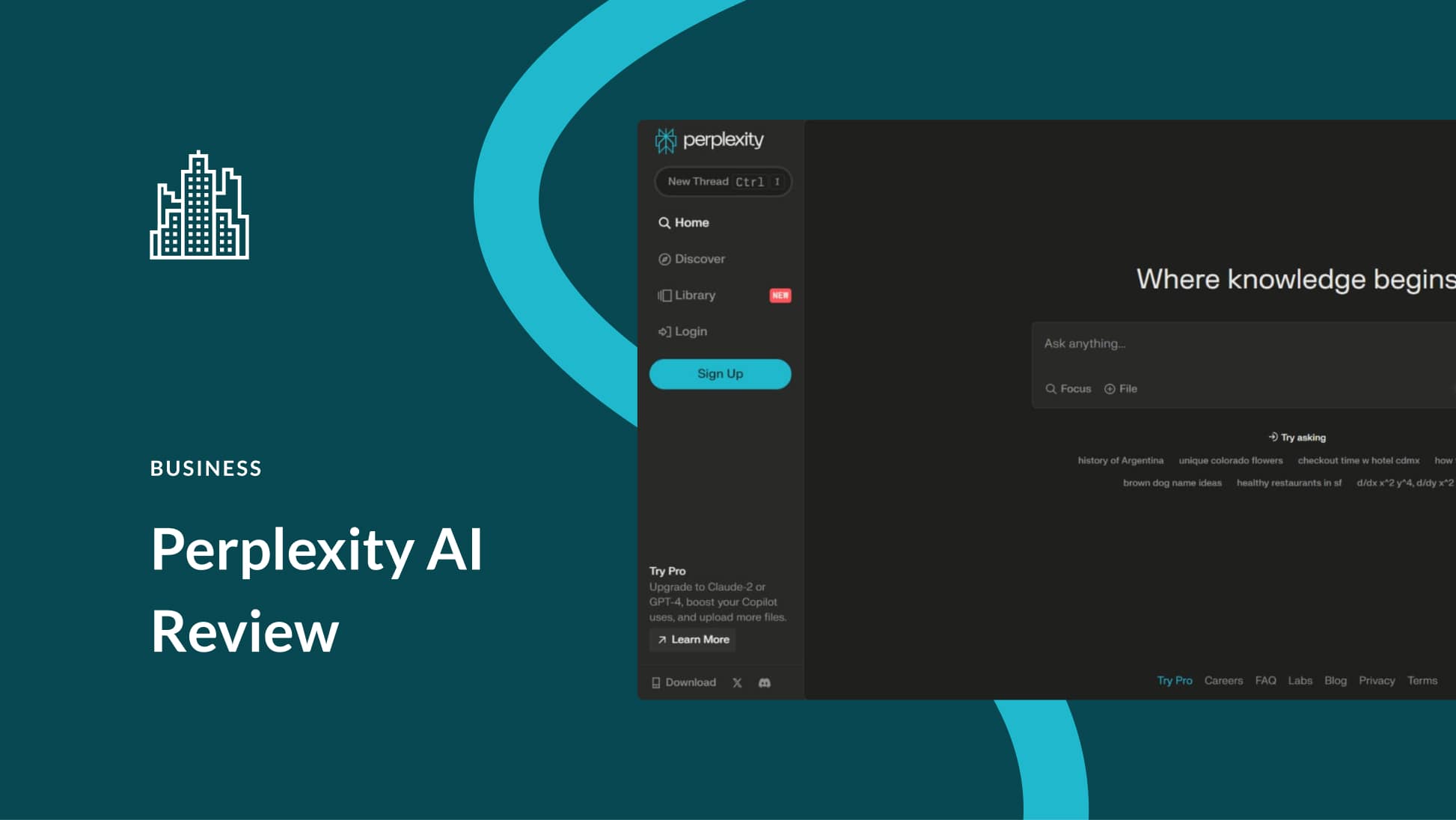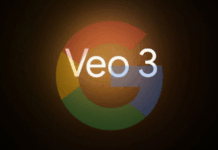In the world of AI-driven conversation, ChatGPT has long been a household name. However, as technology continues to advance, alternatives emerge, each competing for attention and claiming unique features. Let’s look into some notable contenders
Claude by Anthropic
Claude, developed by Anthropic, stands out for its multifaceted capabilities in performing various conversational and text-processing tasks. Rooted in Anthropic’s commitment to developing AI systems that prioritize helpfulness, honesty, and harmlessness, Claude offers a range of functionalities including complex reasoning, summarization, coding, and more.

During testing, Claude demonstrated adeptness in understanding context and providing accurate responses, even correcting errors in prompts. However, in comparison to ChatGPT, it fell short in coding capabilities, providing incomplete answers.
Anthropic offers two versions of Claude: Claude 2 and Claude Instant, each catering to different user needs and budget constraints. While Claude displays strong accuracy and creativity, users should be mindful of Anthropic’s privacy policy, which outlines data collection practices, including the potential use of private information for model training.
Perplexity.AI
Perplexity.AI, powered by OpenAI’s GPT-4 API and Claude, contains a user-centric approach focused on understanding queries through follow-up questions, summarizing findings, and providing comprehensive information from diverse sources. Despite its strengths in conversational search and information retrieval, Perplexity.AI exhibited some inaccuracies during testing, emphasizing the importance of verifying outputs.

With a free plan offering limited usage and a pro plan providing nearly unlimited access to advanced features and support, Perplexity.AI presents itself as a versatile alternative for users seeking in-depth exploration of topics through follow-up inquiries.
Elicit
Positioning itself as an AI research assistant, Elicit specializes in automating tasks such as literature reviews by providing summaries from relevant research papers and documents. While Elicit offers convenience in quickly accessing information, users should exercise caution and verify data retrieved from sources, considering the potential for inaccuracies inherent in AI-driven content generation.

Elicit’s pricing structure, including a free plan with limited credits and a pay-as-you-go option, makes it particularly suitable for automating data extraction tasks.
While these alternatives offer unique features and functionalities, users should approach them with discernment, considering factors such as accuracy, privacy policies, and pricing models. Ultimately, the choice of AI assistant depends on individual preferences and specific use cases.
Stay tuned to Brandsynario for more.







































